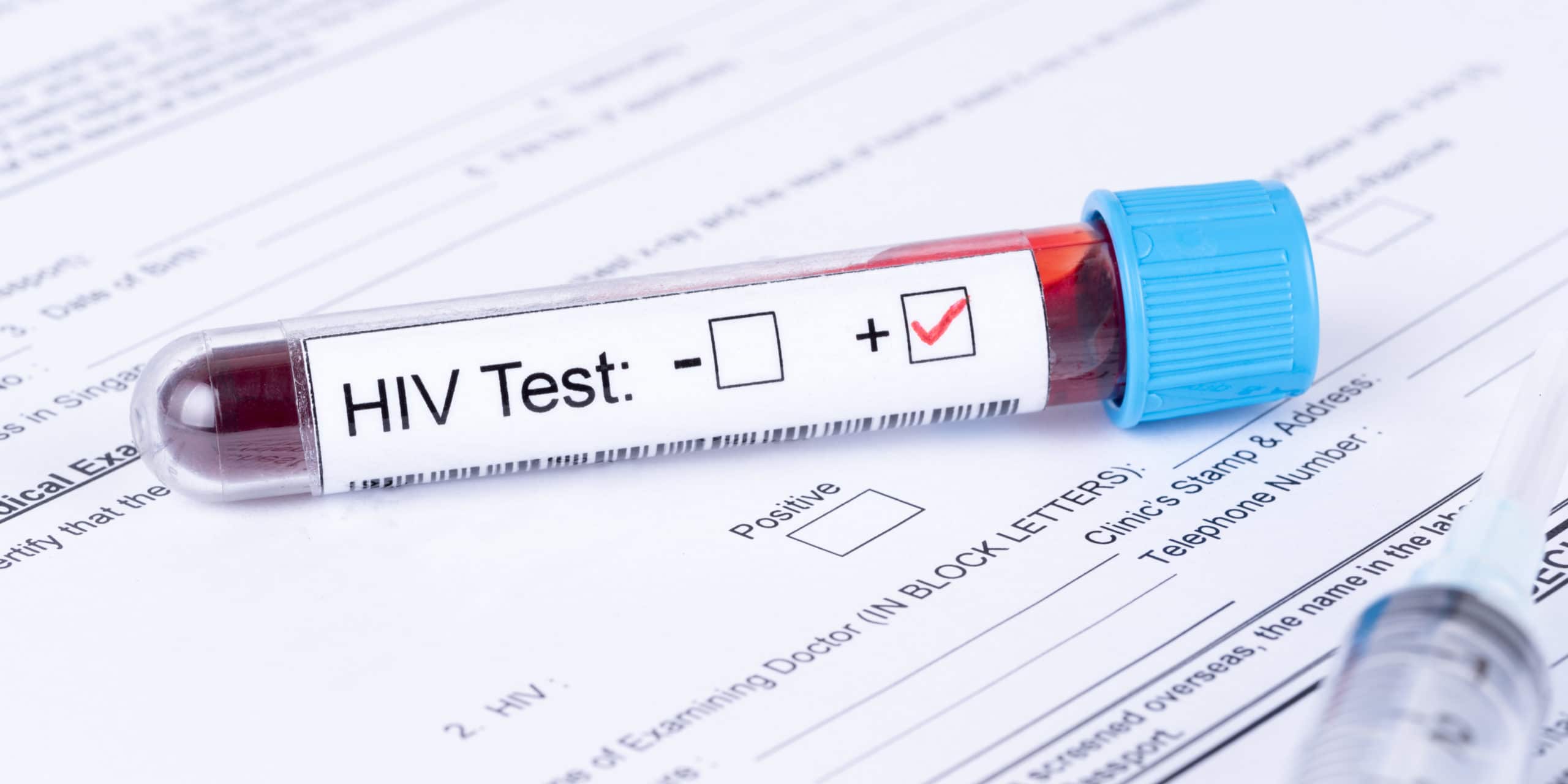Okay, so you tested positive for HIV. That suck, but what does it actually mean?
A positive HIV test result means that you are infected with HIV (Human Immunodeficiency Virus), the virus that causes AIDS (Acquired Immune Deficiency Syndrome).
Being infected with HIV does not mean that you have AIDS right now. However, if left untreated, HIV infection damages a person’s immune system and can progress to AIDS.
What should you do? Contact all the people or person you’ve have sexual contact or sexual intercourse with. They also need to be tested for HIV.
What is AIDS?
AIDS is the most serious stage of HIV infection. It results from the destruction of the infected person’s immune system. Your immune system is your body’s defense system. Cells of your immune system fight off infection and other diseases. If your immune system does not work well, you are at risk for serious and life-threatening infections and cancers. HIV attacks and destroys the disease-fighting cells of the immune system, leaving the body with a weakened defense against infections and cancer. See “AIDS” for more.
What Disease Fighting Cells Does HIV Attack?
CD4 cells are a type of white blood cell that fights infections. They are also called CD4+ T cells or CD4 T lymphocytes. The CD4 count is the number of CD4 cells in a sample of blood. When HIV enters a person’s CD4 cells, it uses the cells to make copies of itself. This process destroys the CD4 cells, and the CD4 count goes down.
As you lose CD4 cells, your immune system becomes weak. A weakened immune system makes it harder for your body to fight infections and cancer.
When Will I Know If I Have AIDS?
AIDS is not a diagnosis you can make yourself; it is diagnosed when the immune system is severely weakened. If you are infected with HIV and your CD4 count drops below 200 cells/mm3, or if you develop an AIDS-defining condition (an illness that is very unusual in someone who is not infected with HIV), you have AIDS.
AIDS-Defining Conditions Are the Following:
The AIDS-defining conditions currently are:
- Candidiasis
- Cervical cancer (invasive)
- Coccidioidomycosis, Cryptococcosis, Cryptosporidiosis
- Cytomegalovirus disease
- Encephalopathy (HIV-related)
- Herpes simplex (severe infection)
- Histoplasmosis
- Isosporiasis
- Kaposi’s sarcoma
- Lymphoma (certain types)
- Mycobacterium avium complex
- Pneumocystis carinii pneumonia
- Pneumonia (recurrent)
- Progressive multifocal leukoencephalopathy
- Salmonella septicemia (recurrent)
- Toxoplasmosis of the brain
- Tuberculosis
- Wasting syndrome
People who are not infected with HIV may also develop these diseases; this does not mean they have AIDS. To be diagnosed with AIDS, a person must be infected with HIV.
What Is HIV Treatment Like?
HIV treatment is the use of medications to keep an HIV infected person healthy. Treatment can help people at all stages of HIV disease. Although anti-HIV medications can treat HIV infection, they cannot cure HIV infection. HIV treatment is complicated and must be tailored to you and your needs.
![]() See “What is HAART” for information of the drugs used to treat HIV.
See “What is HAART” for information of the drugs used to treat HIV.
![]() See “AIDS” for more, if you have test HIV positive.
See “AIDS” for more, if you have test HIV positive.
For more information: Contact your health care provider or an AIDSinfo Health Information Specialist at 1-800-448-0440 or http://aidsinfo.nih.gov.
Recommending Reading
- Cases of AIDS in the USA
- Food Safety for People Living with AIDS
- HIV and Gay Men
- HIV Prevention
- What Every Teen Needs To Know About HIV And AIDS.
- HIV and Anal Sex
![]()
For more information:
CDC National AIDS Hotline
1-800-342-AIDS
Spanish: 1-800-344-SIDA
Deaf: 1-800-243-7889
CDC National Prevention Information Network:
P.O. Box 6003
Rockville, Maryland 20849-6003
1-800-458-5231
FDA – www.fda.gov
